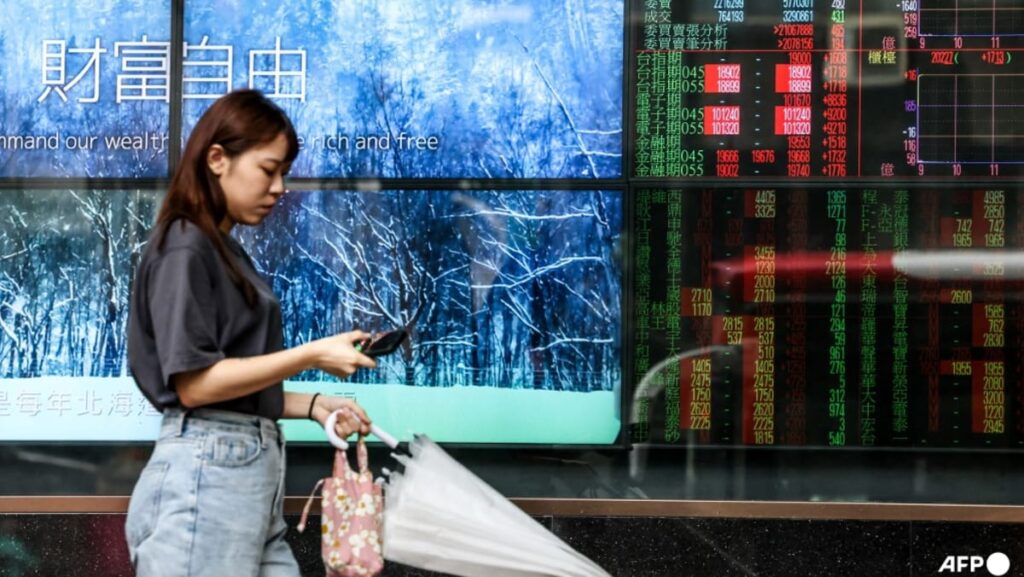HONG KONG: Markets rose on Tuesday (Apr 29) following news that Donald Trump is set to let auto makers off some of his wide-ranging tariffs, boosting hopes of a less combative approach to his trade war.
A month that started with the explosion of Washington’s “Liberation Day” tariffs on Apr 2 was on course for a more positive close as governments line up to cut deals to avert the full force of the measures.
The White House said foreign auto firms paying tariffs of 25 per cent for their US car and parts shipments would not face other levies such as those on steel and aluminium, the Wall Street Journal said. Companies will also be reimbursed for fees already paid.
The move is aimed at making sure the various tariffs Trump has unveiled do not stack up on top of each other.
Commerce Secretary Howard Lutnick said the deal was “a major victory for the president’s trade policy”.
He said it rewarded firms “who manufacture domestically while providing runway to manufacturers who have expressed their commitment to invest in America and expand their domestic manufacturing”.
Stephen Innes at SPI Asset Management said the move was able to “reinforce the market’s hope that, even if the US-China heavyweights are still circling each other, there’s still room for incremental detente elsewhere”.
While there is a hope that the president’s other sweeping measures on trade partners can be tempered before a 90-day stay of execution comes to an end in July, there appears to be little movement with China.
The White House has imposed 10 per cent tariffs on most US trading partners and a separate 145 per cent levy on many products from China. Beijing has responded with 125 per cent tariffs of its own.
Reports last week said China was considering exempting some US goods from its retaliatory tariffs but officials have said there are no active negotiations between the economic superpowers.
On Monday, a Chinese official denied Trump’s claims that he had spoken recently with President Xi Jinping.
The chance of a deal between the two for now seems remote, with US Treasury Secretary Scott Bessent telling CNBC that negotiations were ongoing but the ball was in China’s court.
“As I’ve repeatedly said, I believe it’s up to China to de-escalate, because they sell five times more to us than we sell to them. So these 125 per cent tariffs are unsustainable,” he said in an interview aired Monday.

